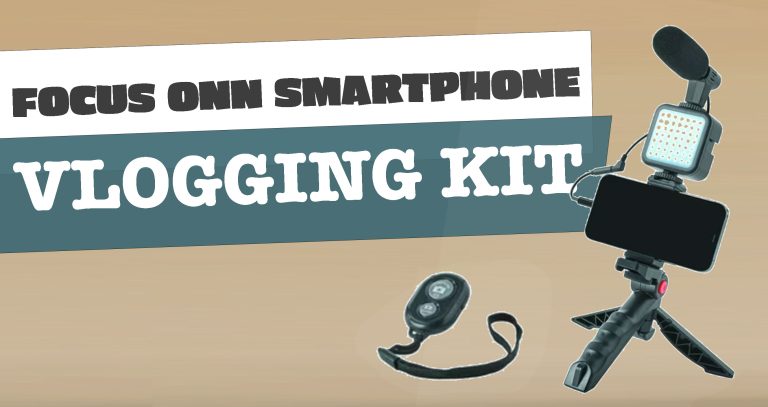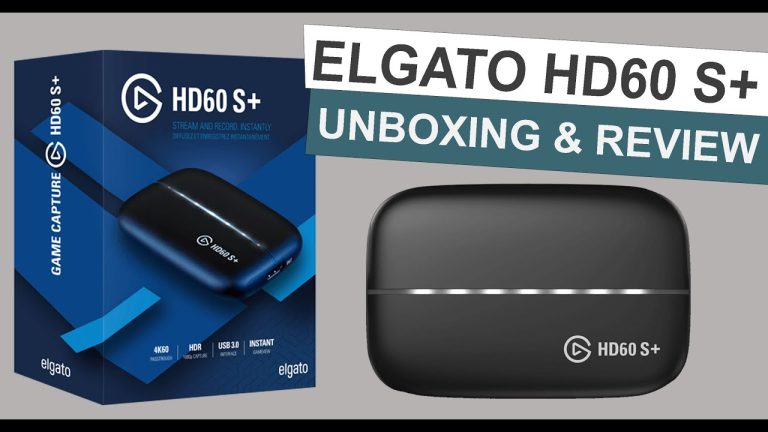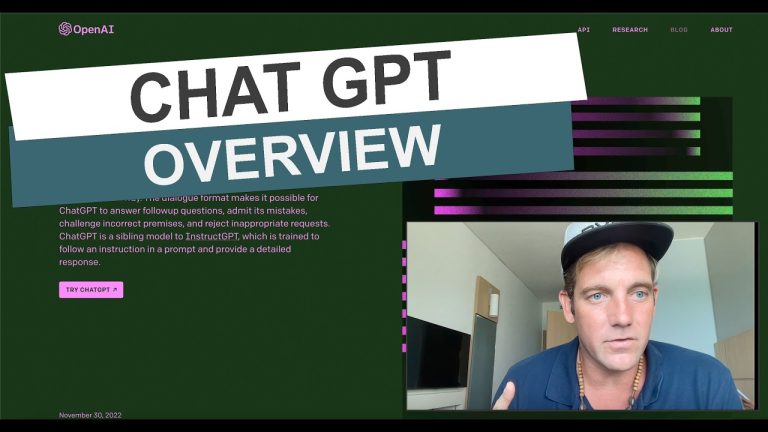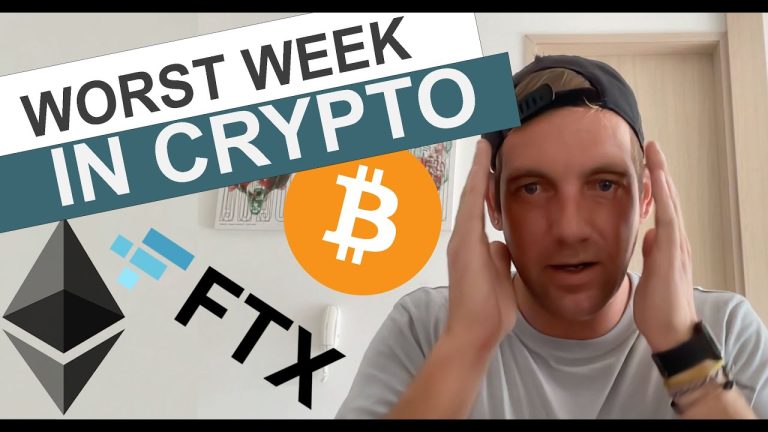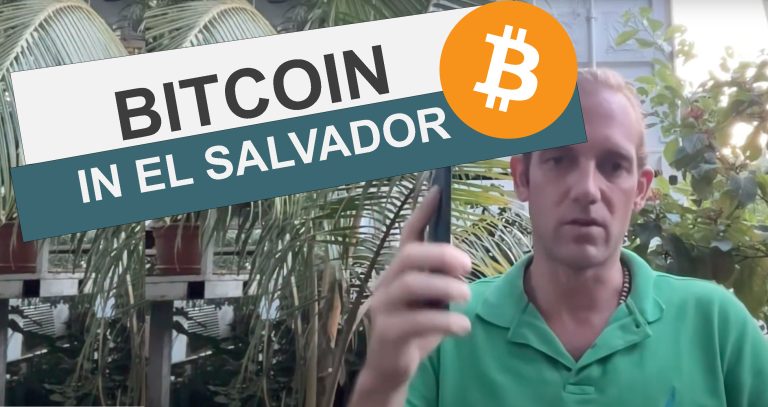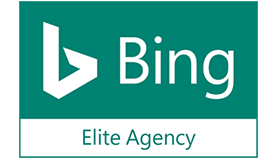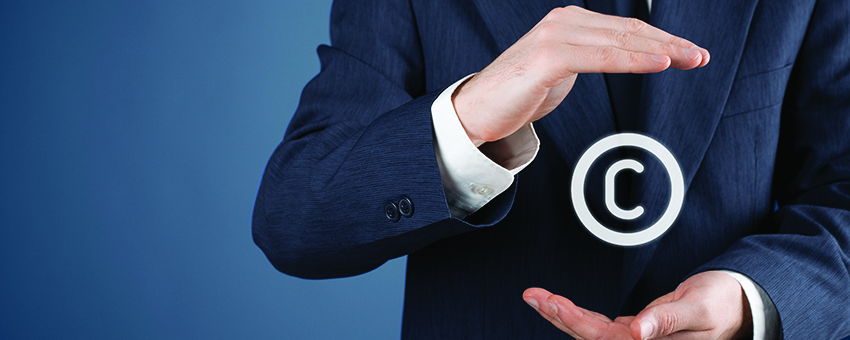
Since the days of Metallica suing Napster, digital piracy has been on the forefront of the internet. Whether you’re a DJ or an avid movie watcher, downloading illegal files seems like no small deal. After all, there are literally millions of people who are downloading some sort of copyrighted content through illegal means as we speak. The biggest obstacle to overcome when it comes to this kind of file sharing is the ability to track and protect the files that we create that are copyrighted for a buyer’s use only. Unfortunately there’s no small answer for that.
While we can add in all the “watermarking” we want, someone, somewhere is going to have the technology or programming to remove it. Take for instance music through file sharing. As Napster came to be shut down and other file sharing programs such as Ares came out to play, music copyrighters found a way to protect their music by corrupting files. These files, once shared with others users, would simply come out sounding like garbled noise, making it useless to the user. However, there’s always one person who’s going to go through the tedious process of passing the music through a digital mixer of sorts and release an entirely different file for others to enjoy, making the effort to protect the music fruitless.
However, not only are the makers of music, movies and programs taking an active step in protecting their content, but internet providers are doing the same in order to protect themselves from lawsuits. When watermarked files are released into the wild and downloaded, internet service providers can often catch the user in the act of downloading. Rather than going to court hassles, they simply block or slow down their internet connection, which can certainly teach an avid computer user about how illegal digital piracy actually is. What is the user going to say? “Give me back my internet connection so I can go back to illegally downloading files!”
Protecting copyrighted content from digital piracy has certainly come a long way since file sharing was first founded, but it’s also got a long way to go before users can no longer find a way around this protection.




